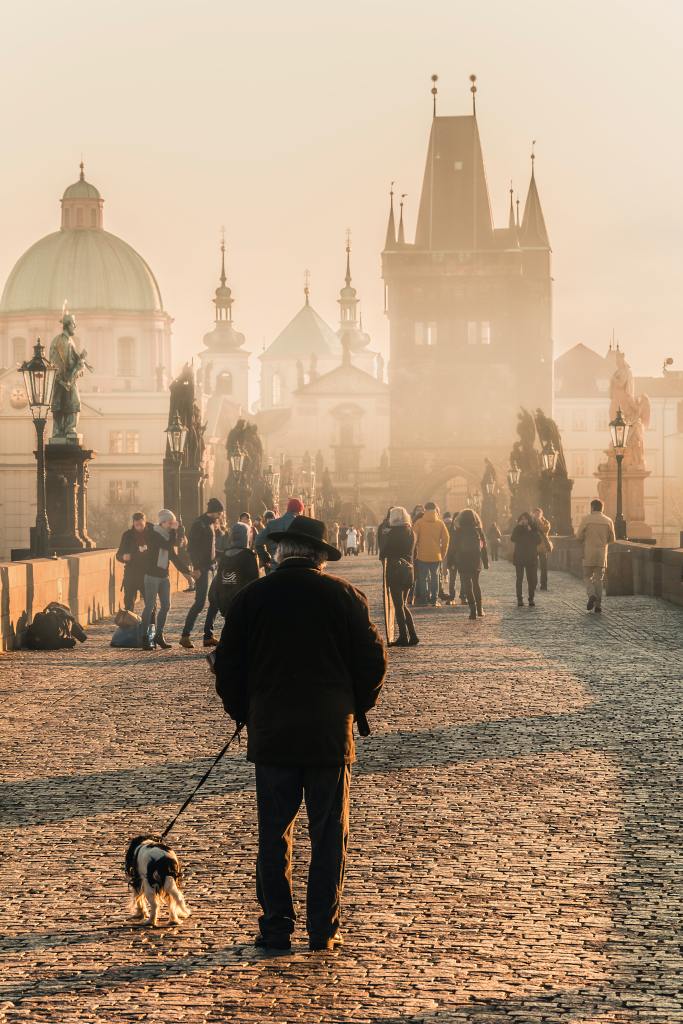This week, I’m starting an online Fic tion writing course through the Iowa Writer’s Workshop. For seven weeks, I’ll be sharing ideas, responding to questions, submitting my work and critiquing the work of others. Probably, most importantly, I’ll be reflecting on my own writing process.
tion writing course through the Iowa Writer’s Workshop. For seven weeks, I’ll be sharing ideas, responding to questions, submitting my work and critiquing the work of others. Probably, most importantly, I’ll be reflecting on my own writing process.
A writing teacher I had many years ago stressed the importance of being archivists for our creative process. That is, we need to be familiar with when, where and with which tools we write best. When famous authors comment on their habits and processes, we see how familiar they are with their own inner workings. Stephen Kings says he writes all morning every morning–even on holidays. His desk is not pushed against a wall, but is smack in the middle of the room. Twain, Wharton, and Capote wrote lying down, while Hemingway preferred standing. Some writers like music in the background. Others want a lit candle, a glass of wine, or a cup of coffee nearby.
For the longest time, I included time of day and geographical location in my notebook entries. And I saw that my teacher was right. A pattern began to emerge. I discovered I write best in late morning or early afternoon, that sometimes I can write for whole days, forgetting to eat, and that when I don’t feel physically well, the writing can be dark and weird–and sometimes I like the results.
But today, reflecting on the workshop question, I realized that there was something I once took for granted that is absent from my writing: my spiral notebook. When I decided to write for publication, I began using the computer. It’s quick and forgiving. It allows me to move blocks of text or get rid of it so completely it looks like it never existed. I can research distant libraries or reach people around the globe in an instant.
With these capabilities comes a price, however. I have forgotten the value of what Natalie Goldberg calls “writing practice.” I’m so focused on the goal that I don’t sit thoughtfully with a pen in my hand, noticing and recording. Goldberg used writing as her buddhist practice. She did it daily, before moving to her writing goal for the day. Noticing and recording are two activities integral to the writing process. And keeping pen to paper on a regular basis is certainly one way to move through writer’s block, especially if we follow Goldberg’s lead and “keep the hand moving.”
Another writing teacher urged my class to do writing practice long-hand because of the heart connection. She said, “the brain thinks it, the thought travels through the heart and then along the arm to the hand, which writes it. The eyes read it. It is processed through the brain, and the circle begins again.” This is probably true of other arts as well. Painting and potting, for example, and fiber arts like knitting and quilting. And while a laptop is necessary eventually, it doesn’t facilitate this infinite, organic loop.
I still work full-time, and scramble to find writing time. But the workshop has made me understand how important that daily, long-hand practice was to my creativity. I remembered the intimate connection with my writing self and how it fed me. Today, I decided I will go back to it, even if it’s a couple of times a week. And I think I’ll start right now.
If you have a moment, please share what feeds your creativity. What “things” do you need to get comfortable so the juices flow?




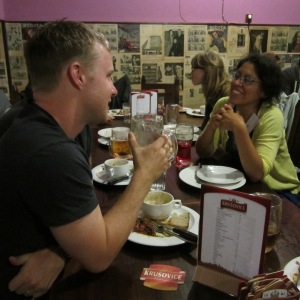
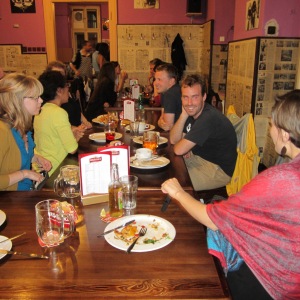


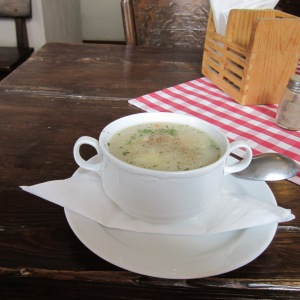




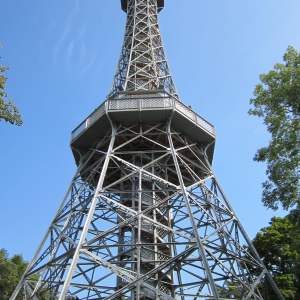







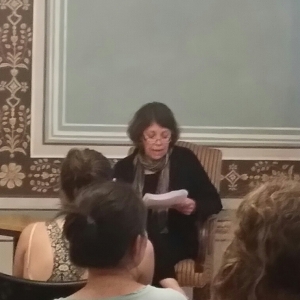




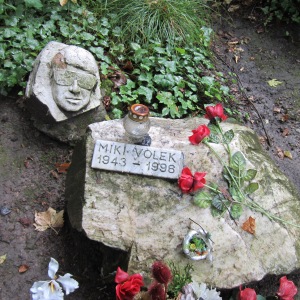

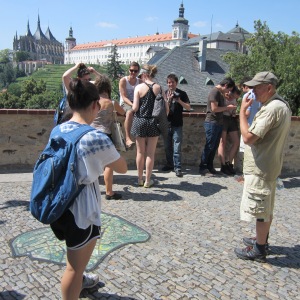
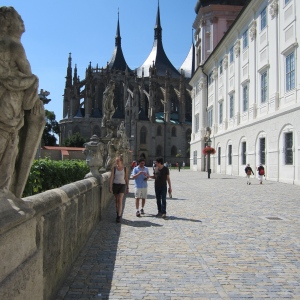





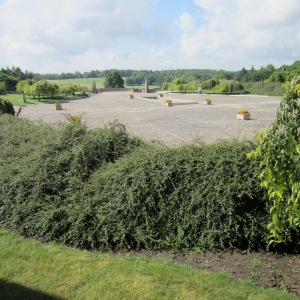



 g.” That’s because I’m in Prague, Czech Republic, on a writing residency. Residencies vary in their context. Some simply provide a place to sleep and work, with a venue to show or read what you’ve done. This one, associated with Western Michigan University, is more of a “study abroad” program. Twenty writers of various genres from all over the US will live in community for 4 weeks of seminars, master classes, peer reviews, one-on-one conferences and readings.
g.” That’s because I’m in Prague, Czech Republic, on a writing residency. Residencies vary in their context. Some simply provide a place to sleep and work, with a venue to show or read what you’ve done. This one, associated with Western Michigan University, is more of a “study abroad” program. Twenty writers of various genres from all over the US will live in community for 4 weeks of seminars, master classes, peer reviews, one-on-one conferences and readings.